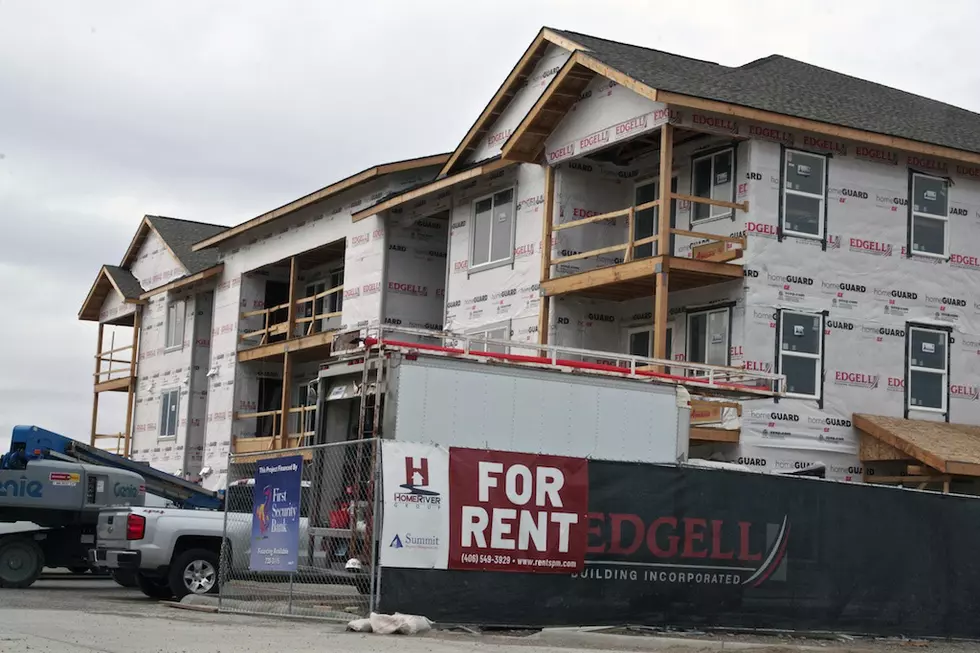
New incentives to entice Missoula developers to include affordable housing in projects
A suite of incentives intended to entice private developers to include income-restricted housing in their projects will soon be detailed in a new city policy, and they could be baked into new code as reform work begins.
Housing officials on Wednesday unveiled their efforts to establish a Voluntary Incentives Program as part of the city's housing policy. The incentives could range from vacating right of way to accommodate a housing project, to reducing parking requirements or increasing the allowed density.
In exchange, the developer would be asked to include a percentage of affordable housing units into a project based upon on the merits of the agreement.
“We know it can be a challenge to include income-restricted units in buildings,” said Emily Harris-Shears, the city's housing policy specialist. “We may be able to offer ways to do that so that it helps their bottom line, as well as our community goals around housing.”
While the program remains in development and will grow alongside the city's code reform, which is set to begin this year, the intent looks to encourage developers to voluntarily create affording housing through an exchange of incentives.
The incentives largely fall into three categories including funding, which would subsidize the cost of impact fees or utility infrastructure. They also include a development allowance, such as a reduction in parking or an increase in density.
The final incentive is land based and could include a subsidy for the cost of land or the vacation of right of way. Harris-Shears said some incentives will take time to develop and fund while others could be implemented more quickly.
“We know there will be opportunities to explore current code and how it would pair with the incentive recommendations, and we'll continue to partner with community planning,” she said. “Our hope and plan is to move forward with the funding-based incentives as our budget allows.”
Such funding could be provided by the city's Affordable Housing Trust Fund, along with federal programs like Community Development Block Grants and HOME program funds.
“This is an important step in our community to create valuable relationships with developers,” said Harris-Shears. “It's a strategy named in the housing policy and it will support our overall development goals.”
Housing experts on Wednesday said the nuances of the program are still being discussed, such how many years a unit should be income restricted in exchange for a city contribution. Most proposals currently range from 10 years to 30, depending on the incentive.
In one scenario, a developer could receive an increase in density and building height if he or she made 10% to 20% of the project's housing units income restricted for a period of 30 years. Another scenario would allow a project to reduce required parking by 50% if 10% to 15% of the units were made affordable for 25 years.
“We'll finesse over time how we combine incentives. We'll figure out how to pair them and how to right-size the return or incentive exchange,” said Harris-Shears. “We're already working right now on an ad-hoc basis when developers are curious about affordable or income-restricted units and what we can support or incentivize without a formal program.”
The city contracted Design Workshop to hone in on the appropriate incentives based upon local conditions. The effort included a feasibility analysis, a review of local costs and market needs.
They also tested several financial models to see if the incentives were enough to offset some of the challenges faced by the development community in Missoula.
“We're in such a state of flux right now with developers trying to build and costs going crazy. We want to have continuity and clarity for developers and treat everyone the same,” said council member Gwen Jones. “There's a sweet spot in there of pulling them forward and providing incentives as opposed to asking for too much and disincentivizing. It's a moving target right now because it's a strange economic time.”
